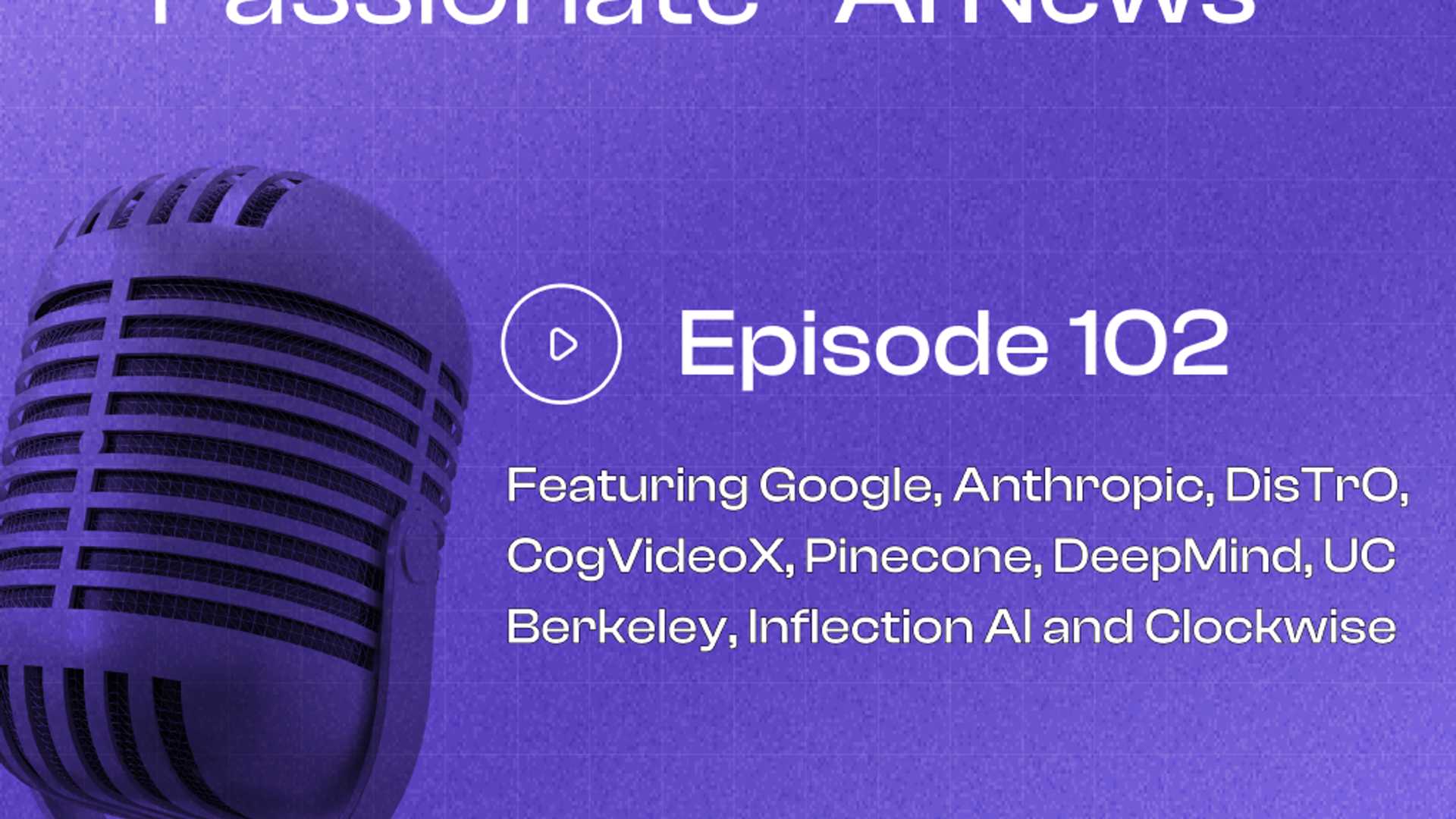Major News from Google, Anthropic, DisTrO, CogVideoX, Pinecone ...
Google has recently launched new versions of its Gemini AI models, including the upgraded Gemini 1.5 Flash-8B and the advanced Gemini 1.5 Pro. These models have shown significant improvements in coding, math, and handling complex prompts. Despite facing some criticism, they have gained recognition for their ability to manage long contexts and multimodal inputs. Developers are encouraged to provide feedback for future updates. The models can be tested for free through Google AI Studio and the Gemini API.
Anthropic's Claude Artifacts Feature
Anthropic has now made its Claude Artifacts feature available to all user tiers and mobile apps. This tool enables users to create and execute interactive code snippets, such as visualizations and games, alongside Claude chatbots. Artifacts, previously requiring manual activation, now offer easy access, enhancing user interactivity. Users can publish and remix their creations within the Claude community, promoting collaboration and creativity in various industries.
Introduction of DisTrO by Nous Research
Nous Research has introduced DisTrO, a revolutionary optimizer that significantly improves the efficiency of AI model training by reducing data exchange between GPUs. This innovation allows powerful AI models to be trained over standard internet connections, making AI development more accessible. DisTrO achieves remarkable efficiency, challenging traditional training methods and encouraging global collaboration without compromising model quality. This approach fosters innovation and inclusivity in AI research.

Launch of CogVideoX by Tsinghua University and Zhipu AI
Researchers from Tsinghua University and Zhipu AI have unveiled CogVideoX, an open-source text-to-video model that competes with industry giants. CogVideoX produces high-quality videos from text prompts, surpassing competitors in various benchmarks. With 5 billion parameters, it generates videos at 720×480 resolution at 8 frames per second. The availability of this model promotes advanced video generation, but concerns about misuse emphasize the importance of responsible development and ethical guidelines.
Pinecone's Serverless Vector Database
Pinecone, a leading vector database company founded by Edo Liberty, has announced the general availability of its serverless vector database on major cloud platforms. This expansion underscores the significance of vector databases in enabling Retrieval Augmented Generation in AI. The serverless model simplifies management and scalability, offering features like bulk data import and Role-Based Access Control. Pinecone's focus on vector technology ensures superior scalability and cost-effectiveness in the face of increasing competition.
Enhancing Inference-Time Compute by DeepMind and UC Berkeley
DeepMind and UC Berkeley researchers have demonstrated that optimizing inference-time compute can significantly enhance the performance of large language models (LLMs) without extra pre-training. This optimization allows smaller LLMs to achieve comparable results to larger models, making them more deployable in resource-constrained environments. The study suggests efficient compute resource allocation strategies, paving the way for future research in inference efficiency and question difficulty estimation.
Data Export Partnership between Inflection AI and DTI
Inflection AI, creator of the Pi AI assistant, has partnered with the Data Transfer Initiative (DTI) to enable users to export their data, enhancing AI data portability. This move reflects Inflection's enterprise-focused shift while maintaining the Pi service with some restrictions. The partnership empowers users to control their AI data and transfer it seamlessly across platforms, setting a precedent for broader data portability in AI services.
Introduction of Prism by Clockwise
Clockwise has introduced Prism, an AI-powered assistant designed to streamline scheduling by managing conflicts, creating events in bulk, and converting to-do lists into calendar blocks through text prompts. Prism optimizes urgent meeting schedules by analyzing team availability and suggesting alternative meeting times. It allows users to schedule tasks from to-do lists and easily reschedule them with simple commands, catering to both individuals and companies.





















